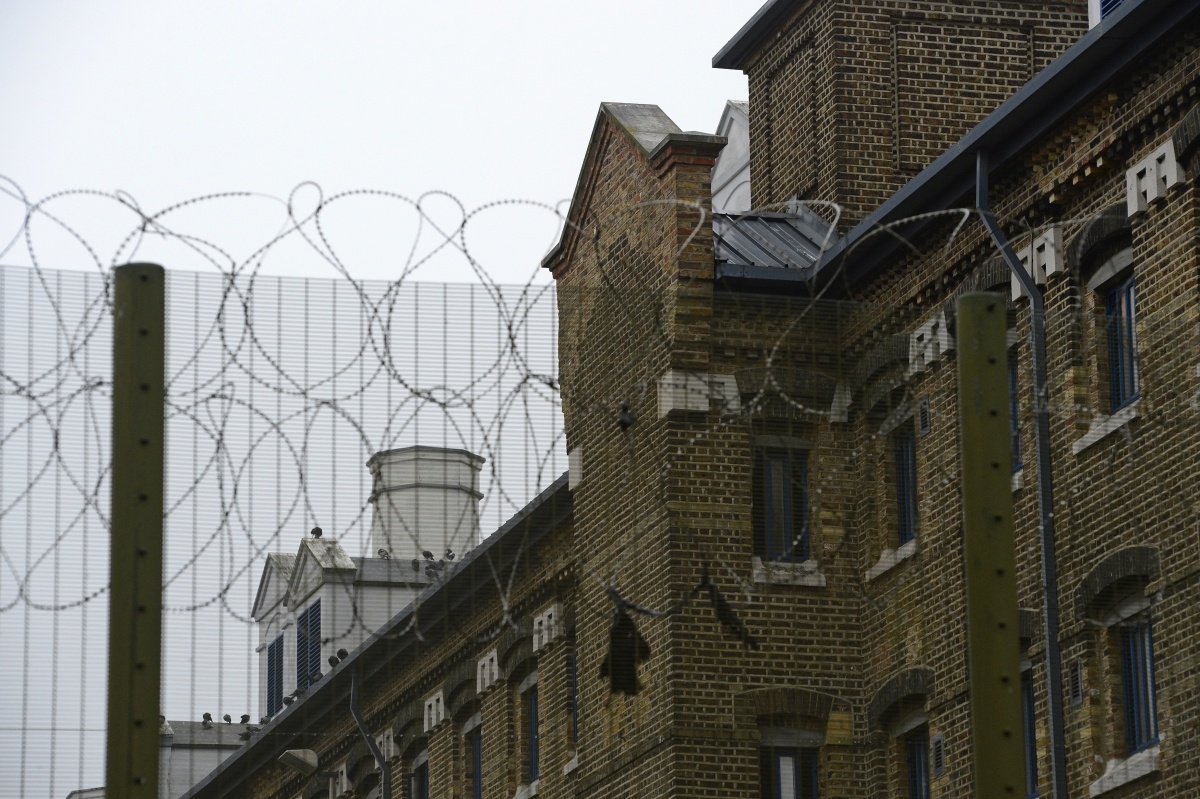Last week, Daniel Ruiz’s family watched him pass away via a Zoom link. The father of six, who suffered from asthma and chronic obstructive pulmonary disease, died after contracting COVID-19 at the Californian prison where he had been an inmate.
Ruiz’s death was the result of a poorly-planned prison transfer that triggered outbreaks of the disease in a number of Californian prisons. The family’s attorneys are now filing a federal lawsuit against the Californian prison system and its administrators for the actions which ultimately lead to Ruiz’s tragic and untimely death.
The inhumanity of Ruiz’s passing is a harrowing reflection of attitudes towards prisoners over the course of the pandemic that have both dehumanized them and failed to account for their unique predicament and needs. In Ruiz’s lawsuit, lawyers for the prosecution allege that prison officials acted with “deliberate indifference when failing to take enough precautions to curb the spread of COVID” when they transferred 122 men from the California Institute for Men to other prisons in Corcoran and San Quentin without any testing or contingency measures first in place.
“Inmates have been kept in cells for over 22 hours a day in an attempt to curb the spread of the virus.”
Sadly, Ruiz’s case is not an isolated incident. At the end of last year, it was reported that one in every five state and federal prisoners in the United States had tested positive for the coronavirus; a rate more than four times that of the general population, although insiders have argued that this is a ‘vast undercount’ of the real figures. Despite the US Constitution’s promise of a right to health care for the incarcerated, the medical care available in prisons varies hugely in both access and quality, and reports of negligence during the pandemic have been commonplace. Racial disparities in the US criminal justice system are also compounding the disproportionate impact that the pandemic has already had on people of colour.

Much the same story has been unfolding here in the UK. Since the start of the pandemic, little has been done to mitigate the effects of a virus that thrives on close contact, for a prison population that continues to reside in grossly overcrowded conditions. The prisons watchdog recently reported that inmates have been kept in cells for over 22 hours a day in an attempt to curb the spread of the virus. However, beyond exacerbating a mental-health crisis that is already widespread in prisons, this contingency measure appears to have achieved very little, if the 5000 positive cases reported in UK prisons since the start of the pandemic are anything to go by.
“By failing to prioritise them for the vaccination programme, the government is not only putting prisoners’ health at risk, but also reducing opportunities for rehabilitative programmes to restart”
To add insult to injury, last month the UK government allegedly rejected the advice of the Joint Committee on Vaccination and Immunisation (JCVI) when it recommended that prisoners should be made a priority group for vaccinations. The vast majority (roughly 70,000) of the UK’s 80,000- strong prison population are under the age of 50 and therefore not automatically prioritised for a COVID vaccination. However, despite their heightened vulnerability to the virus, younger prisoners will have to keep waiting in line for their vaccines with the rest of the population.
The problem with this decision is that prisoners are not like the rest of the population. Overcrowded living conditions, as well as the higher incidence of poor health amongst the prison population in the first place, make prisoners the textbook definition of a ‘vulnerable’ group. By failing to prioritise them for the vaccination programme, the government is not only putting prisoners’ health at risk, but also reducing opportunities for rehabilitative programmes to restart within prisons and increasing both time and monetary costs by opting to vaccinate inmates in the same prison over multiple visits.
The dearth of interest in this issue and the glaring lack of an impetus for any change is the result of attitudes towards prison and individuals in them that are deeply ingrained in our society. In the UK, as with many other countries across the world, the primary purpose of prison is widely regarded as not to rehabilitate, but to punish. Put simply, promises to make life better for prisoners do not win elections.
However, if there was ever a chance to change these long-held attitudes, the predicament that we all currently find ourselves in would arguably be a good place to start. Without trivialising the plight of the prison population (I certainly don’t seek to liken my experience of lockdown in a comfortable suburban family home to that of those confined to prison cells), the incessant lockdowns of the last 12 months have arguably been the best insight into the life of a prisoner that the general population has ever had.
Over the last few months, I have frequently had conversations with friends and colleagues, where we bemoan of how our emotions have been heightened and tempers shortened by the circumstances of lockdown. However, even with our limited freedoms, we are still living lives of luxury in comparison to the incarcerated. It begs the question of how such a system can ever be expected to produce productive outcomes for anyone involved, and, more importantly, what it will take for society to start sympathising with those who get caught in it.
Header image credit: ibtimes

